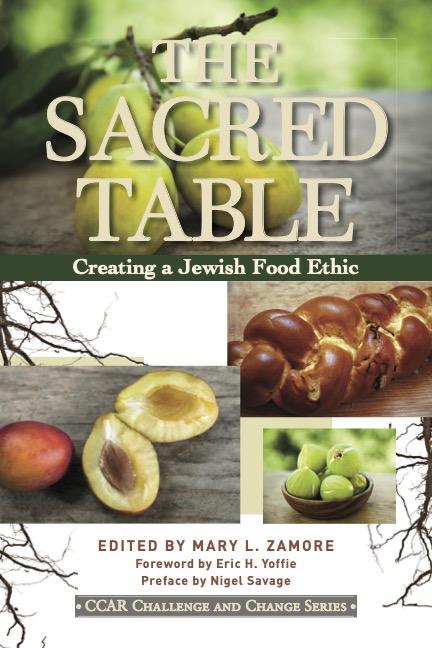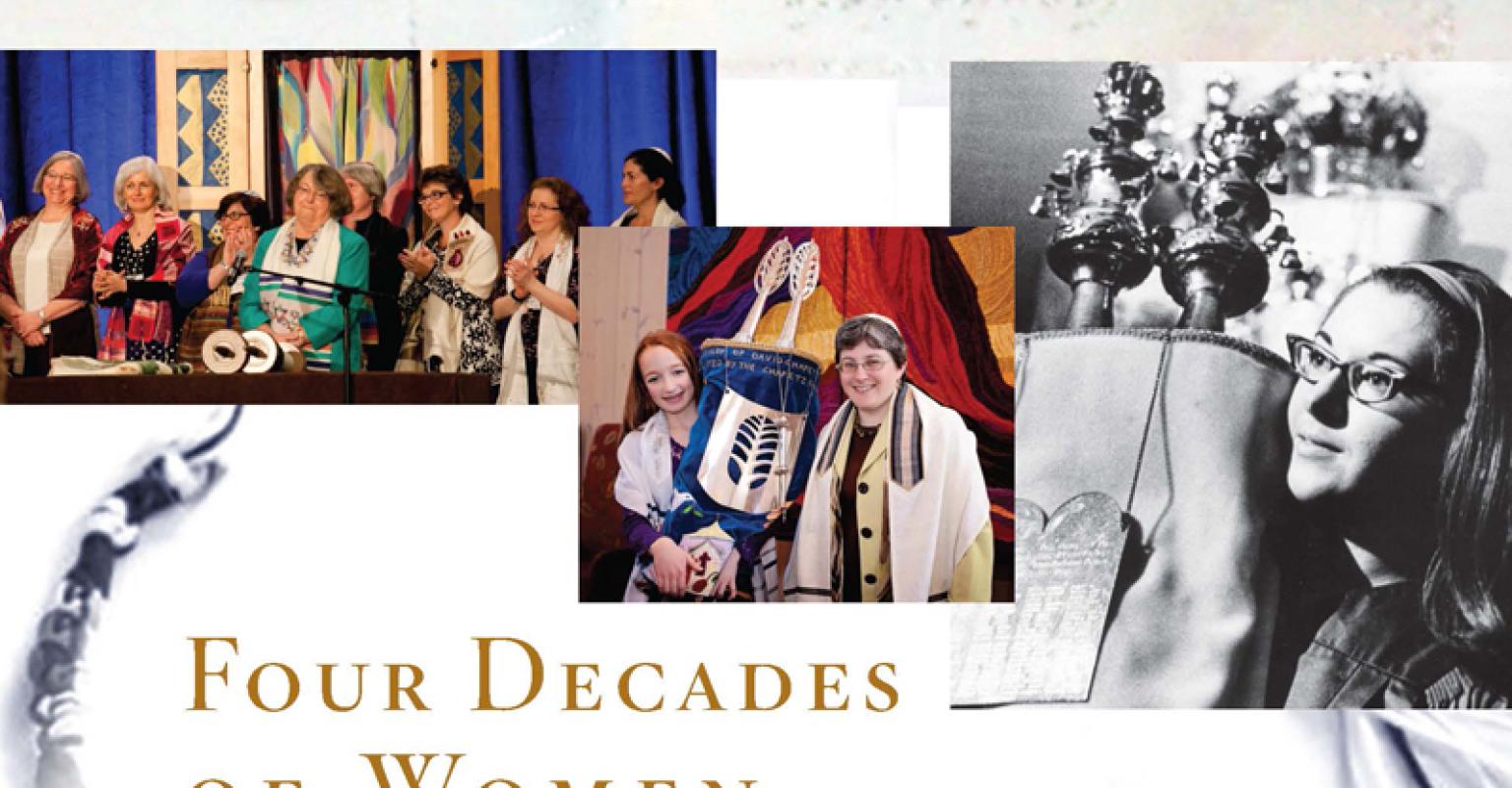The Sacred Table: Study and Discussion Guide
The Sacred Table: Creating a Jewish Food Ethic is an anthology of diverse essays on Jewish dietary practices. This volume presents the challenge of navigating through choices about eating, while seeking to create a rich dialogue about the intersection of Judaism and food. The definition of Kashrut, the historic Jewish approach to eating, is explored, broadened and, in some cases, argued with, in these essays. Kashrut is viewed not only as a ritual practice, but also as a multifaceted Jewish relationship with food and its production, integrating values such as ethics, community, and spirituality into our dietary practice.
The questions considered in The Sacred Table are broad-reaching. Does Kashrut represent a facade of religiosity, hiding immorality and abuse, or is it, in its purest form, a summons to raise the ethical standards of food production? How does Kashrut enrich spiritual practice by teaching intentionality and gratitude? Can paying attention to our own eating practices raise our awareness of the hungry? Can Kashrut inspire us to eat healthfully? Can these laws draw us around the same table, thus creating community? In exploring the complexities of these questions, this book includes topics such as agricultural workers' rights, animal rights, food production, the environment, personal health, the spirituality of eating and fasting, and the challenges of eating together.
The Sacred Table celebrates the ideology of educated choice. The essays present a diverse range of voices, opinions, and options, highlighting the Jewish values that shape our food ethics. The corresponding study and discussion guide, written by Rabbi Sara (Newman) Rich, will help readers as they develop a meaningful Jewish food ethic and incorporate these choices into personal and communal religious practices.

- Food
- Jewish Text and Thought
- Jewish Tradition
- Congregational Learning
- Teen Engagement
Discover more

This guide offers a structure for discussing how women's presence in the rabbinate has impacted Jewish life.

This guide leads conversations about ethical finances influenced by Jewish texts and traditions.

This study guide is designed to help readers deepen their knowledge about the Jewish year.
